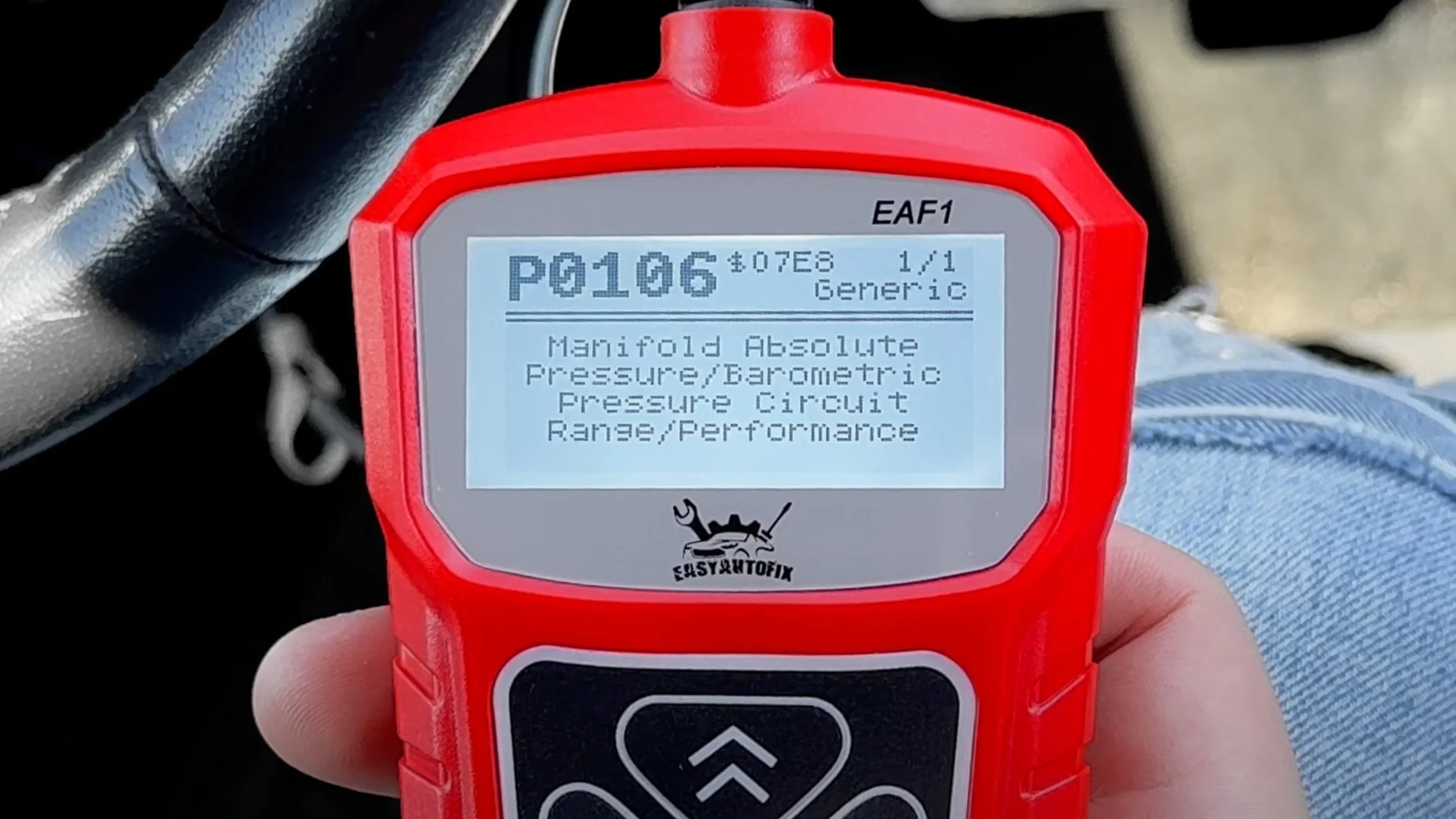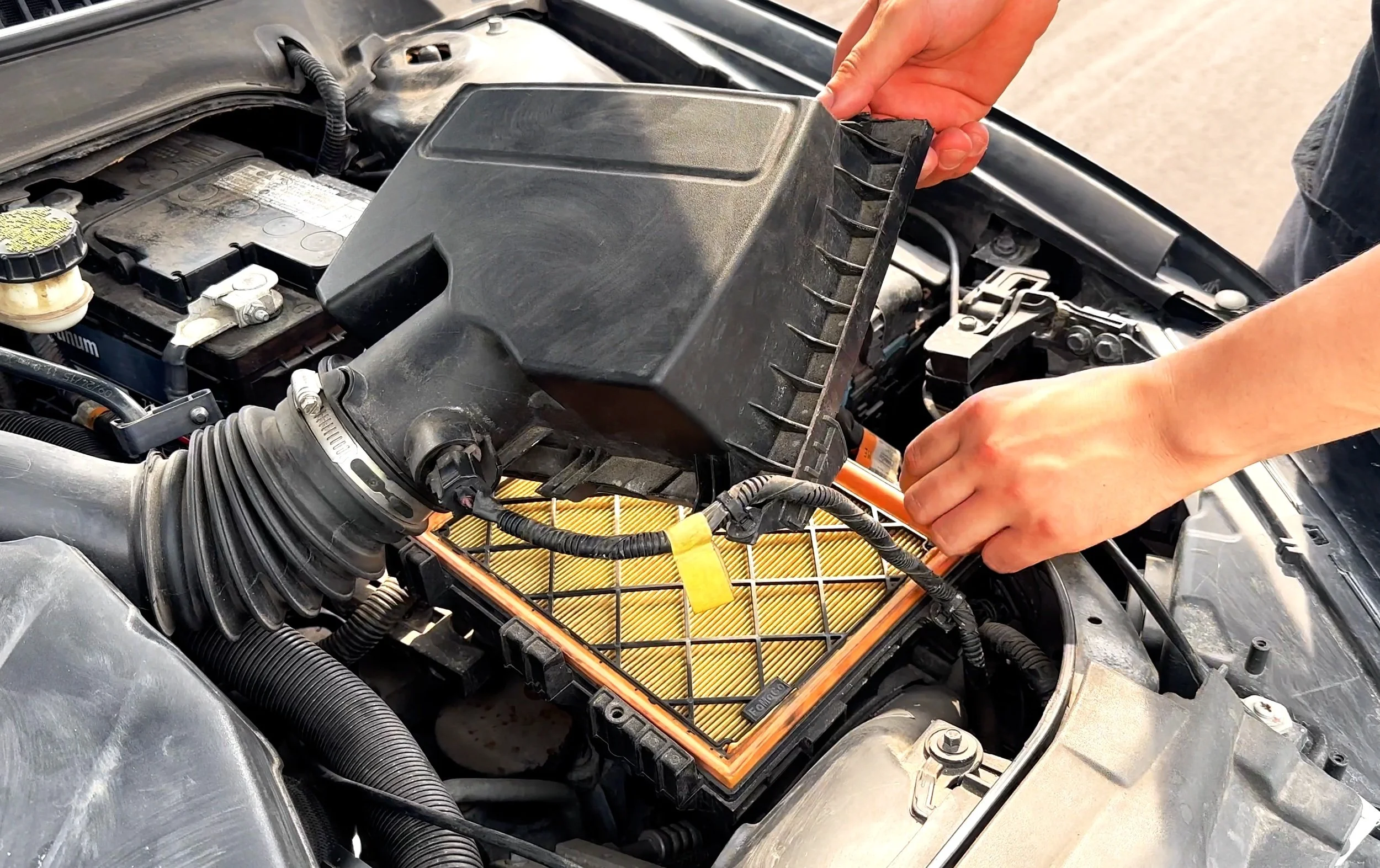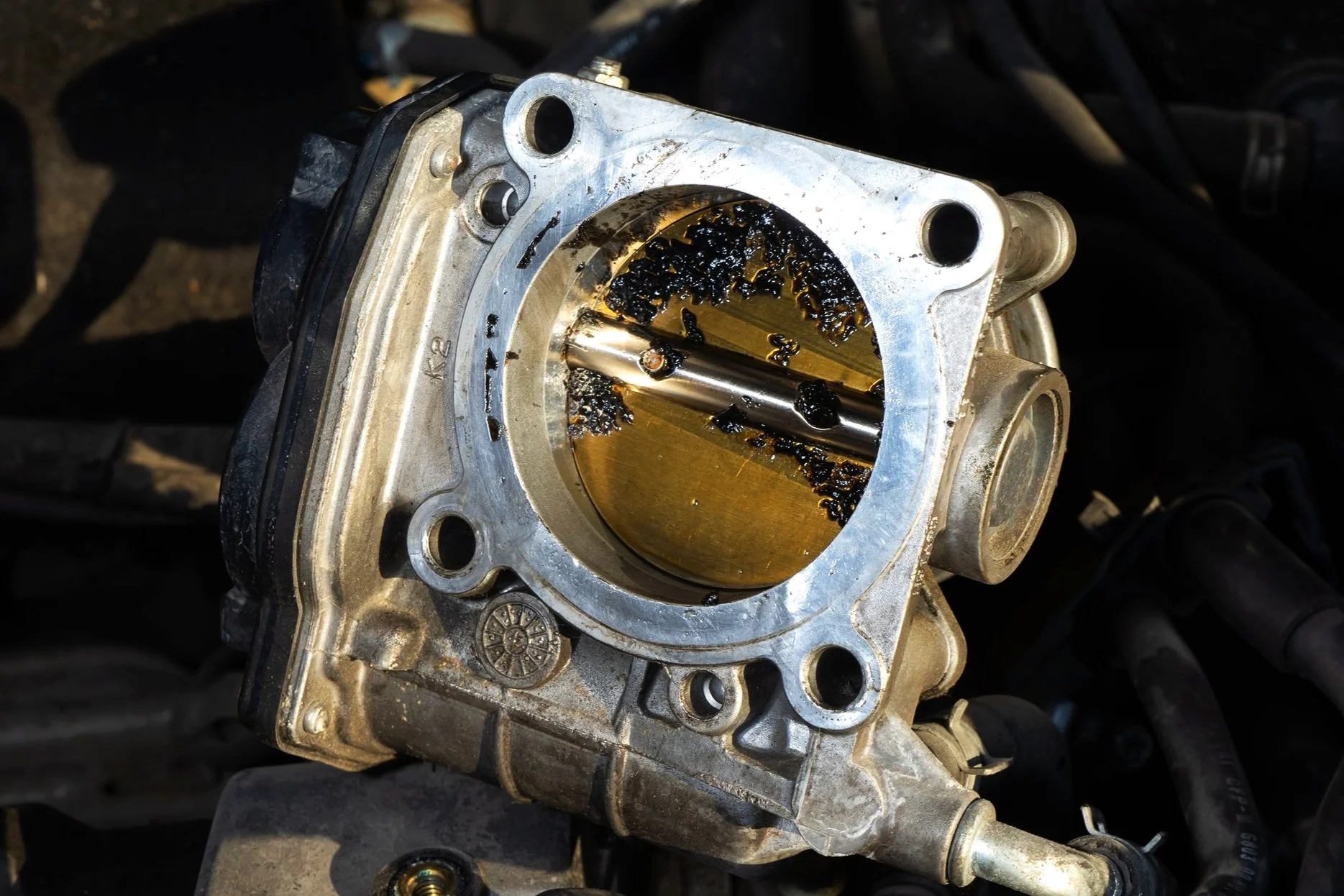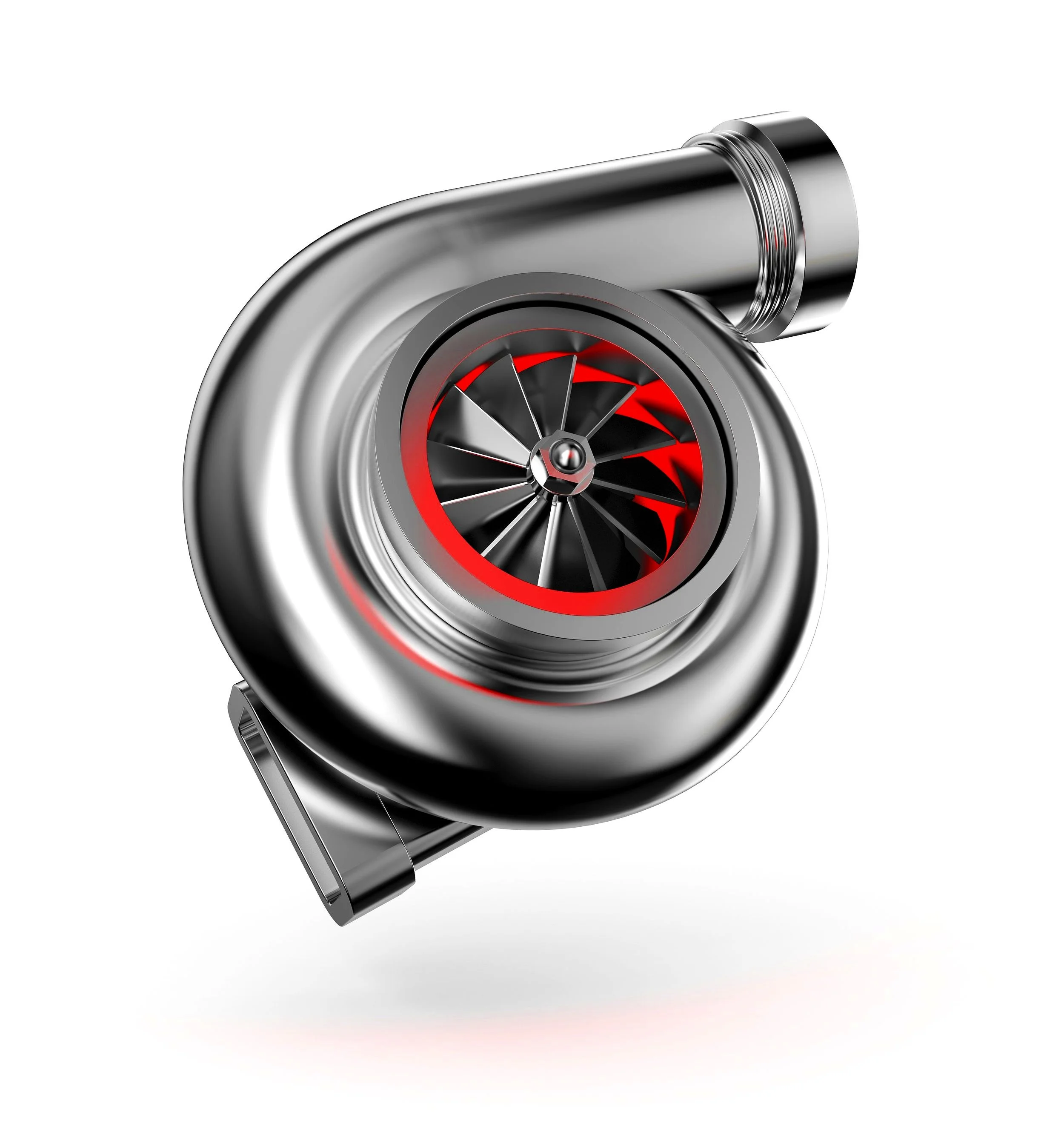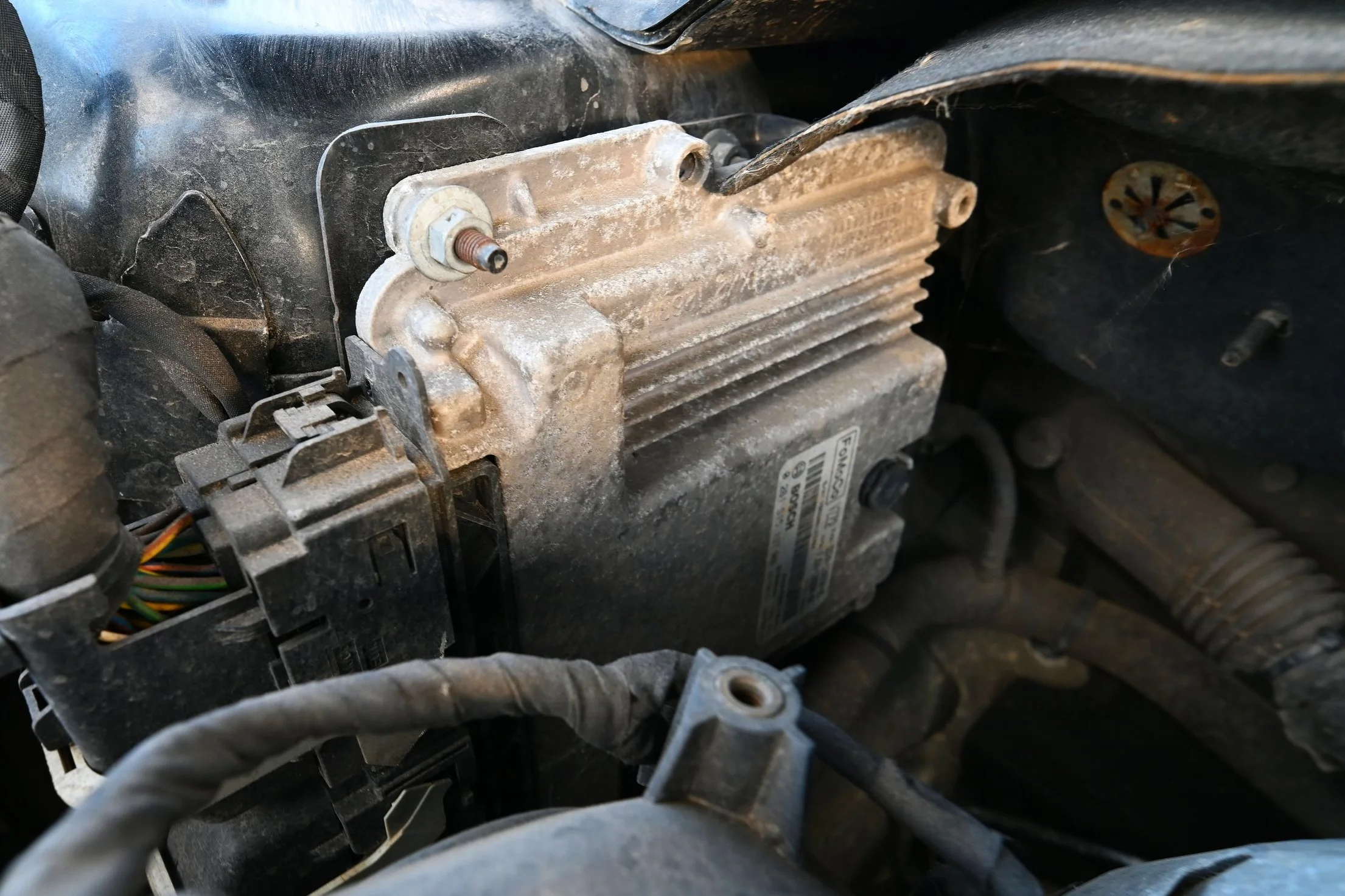How To Fix Engine Hesitation During Acceleration
Are you struggling to accelerate when pressing on the gas pedal? This issue can be very frustrating and unfortunately, there can be several things that can cause this. I’ll try to break it down for you in the easiest way possible, so hopefully after reading this article, you’ll be able to find the root cause of why your vehicle is struggling to accelerate.
To start, I recommend using an OBD2 scanner to retrieve any codes. If you do get a code, that’s your starting point. However, if no codes are showing after you scan your vehicle, you’ll have to test and use the process of elimination to see what’s causing your issue. Always start with the easiest things first.
Air Filter
The first easiest thing to identify is to check your air filter. If you notice a lot of debris and dust in the filter, it can restrict the air from getting into the engine. This could cause your vehicle to have sluggish acceleration.
Fuel System
The second thing to consider is your vehicle's fuel system. If there’s a fuel delivery issue, it could mess up the air-fuel ratio and potentially cause either a lean or a rich condition depending on the part that went bad. Here is a list of parts from easiest to hardest to diagnose:
Clogged fuel filter
Weak fuel pump
Clogged fuel injectors
Fuel pump control module
Fuel pressure regulator
Fuel rail pressure sensor
Ignition System
Anything that disrupts the spark can lead to slow acceleration in your vehicle. The spark is what ignites the air and fuel mixture, creating a small explosion that pushes down the piston and generates power. If there is no spark, it will lead to a misfire. This typically turns on the engine light and sets a diagnostic code. Here’s a list of things that can contribute to a lack of spark:
Damaged spark plug wires
Faulty/fouled spark plugs
Faulty ignition coils
Distributor
Coil packs
Ignition control module
Engine control module (less likely)
Damaged wiring harness connector
Exhaust System
The fourth system to consider when dealing with acceleration issues is the exhaust system. If your vehicle has a clogged catalytic converter or muffler, it can create a blockage in the exhaust system. This blockage prevents exhaust gases from exiting the engine efficiently, leading to increased back pressure and reduced engine performance.
Sensor Functionality
The next thing on our list is sensor functionality. Here is a list of the most common sensors that can cause sluggish acceleration in your car:
Crankshaft position sensor
Camshaft position sensor
MAF sensor
MAP sensor
Throttle position sensor
Oxygen sensor
Accelerator pedal position sensor
If these sensors are faulty, they can send incorrect data to the ECM, leading to poor acceleration. Damaged sensor wires or connectors can also contribute to this problem. Typically if the sensors go bad, the ECM will throw an engine code, so it will be easier to narrow down the problem. However, if you suspect one of these sensors is faulty and there’s no engine light turned on, you can try using live data on your OBD2 scanner. Seeing the sensors work in real-time can help you identify which one is faulty.
Throttle Body
The sixth thing on the list that can cause poor acceleration is the throttle body. The throttle body controls the amount of air entering the engine. If the motor that's responsible for rotating the throttle plate is starting to go bad, it will result in a slower response rate when you press down on the gas pedal. In other situations, it could be the dirt causing the throttle plate to get stuck. It’s recommended that you clean your throttle body every 60,000 to 80,000 miles.
Compression Issues
Worn piston rings, damaged cylinder walls, leaking valves, a torn head gasket, or a slipped timing belt can all lead to decreased engine compression and efficiency, which causes poor acceleration. These components are vital for the engine's proper operation.
Valves
The next thing on the list are bad valves. A stuck-open EGR valve will continuously add exhaust gases back into the combustion chamber. These gases will take up space, limiting the amount of air that enters for optimal engine performance.
Also, if the purge valve is stuck-open, it’s going to disrupt the air-fuel mixture, creating more fuel than air in the combustion process. That’s exactly why you may notice your car feeling more sluggish than usual.
Vacuum Leak
The next thing to consider is a vacuum leak. Here’s a list of things where the vacuum leak can occur:
A torn intake manifold gasket
A cracked intake manifold
Any torn vacuum hoses
A stuck-open PCV valve
Anything torn between the MAF sensor and the throttle body
A stuck-open EGR valve
A ruptured diaphragm inside of the brake booster
Any torn brake booster hoses
If your car is experiencing a vacuum leak, it can cause unmetered air to enter the engine. This will cause a lean condition, which will mess up your engine performance, leading to hesitation when pressing on the gas pedal.
Turbocharger
Another thing that can cause acceleration hesitation is a faulty turbocharger. The turbocharger is responsible for bringing more air into the engine to mix with more fuel to create more power. If it fails, it won’t be able to bring in more air, therefore, the ECM won’t command more fuel. This will cause a lack of power or sluggish acceleration.
Transmission issues
The next possibility is transmission issues. If the transmission is not working properly, it can cause problems with acceleration. This often happens due to the transmission slipping. Transmission slip is when the transmission fails to transfer power from the engine to the wheels, which can cause your vehicle to lose acceleration. This can be caused by internal wear or in other situations, you can just be low on transmission fluid.
Engine Control module
Lastly, your engine control module could be faulty causing your vehicle to accelerate poorly but this should always be the last option.
I know this list is long and can be very frustrating so if I were you I would test the easiest things first and use the process of elimination.
Check out my YouTube video!
Disclaimer: Some links in this article may be affiliate links.


